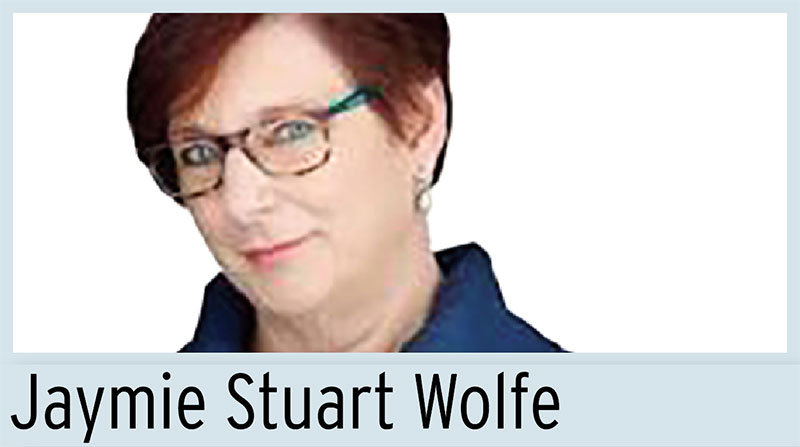 In Roman Catholic parishes, the rituals of Lent begin with the imposition of ashes on Ash Wednesday. But many Eastern Christians – both Catholic and Orthodox – set the tone for the penitential season of Lent by observing another tradition: Forgiveness Sunday.
In Roman Catholic parishes, the rituals of Lent begin with the imposition of ashes on Ash Wednesday. But many Eastern Christians – both Catholic and Orthodox – set the tone for the penitential season of Lent by observing another tradition: Forgiveness Sunday.
The “Great Fast” is ushered in at vespers (evening prayer) on the Sunday before Lent with a rich and meaningful tradition. As the beginning of Lent is announced, light-colored vestments are exchanged for dark ones, candles are extinguished, and the chants become somber. The Prayer of St. Ephrem, a penitential mainstay in the East, is then prayed for the first time. But the highlight of the service is deeply personal: The Ceremony of Mutual Forgiveness.
It begins with the priest saying, “Brothers and sisters, forgive me, a sinner, all the sins I have committed this day and all the days of my life, in word or deed or thought, with all my spiritual and bodily faculties.” The congregation responds, “May God forgive you and have mercy on you.” The roles then reverse, with congregants asking forgiveness from the priest, and the priest responding in kind. An exchange of mutual forgiveness between individuals follows for as long as needed. People approach one another with the words, “Forgive me, a sinner.” They are answered with the response, “May God forgive you.”
Is it a Goal or a starting place?
I can’t think of a better way to begin our Lenten observances than by embracing the challenge and call to forgive one another. Too often, we make forgiveness a goal rather than a starting place. Perhaps it’s because we don’t have an established way to experience it in the context of community. Without that, it’s easy to lose sight of how important mutual forgiveness is.
And, too, what forgiveness is – and what it isn’t – are often misunderstood. Granting forgiveness doesn’t mean we weren’t hurt. It is necessary only because we have been hurt, perhaps even deeply. Forgiveness doesn’t erase what we’ve suffered, or even lessen it. But when we forgive someone, we are choosing to place another human being above our hurts. That is what our merciful Father asks of us, and what Jesus shows us how to do throughout the Gospels.
But it’s important to remember that God does not ask us to forgive simply for the benefit of those who sin, but to show us a way out of the pain we continue to suffer until we do. Relationships need a way forward, especially when they are damaged or broken. Complete reconciliation may or may not be possible. But forgiveness keeps people from being stuck where they are. It empowers victims in a way revenge or retribution cannot.
We pray, “Thy kingdom come” often without thinking much about what it means. But when we do, it doesn’t take long for us to realize that asking for God to reign over every aspect of our lives requires something of us. God is the creator and king of the universe. Nothing would exist, or continue to exist, apart from Him. And because everything is from Him, everything is also for Him.
Give the world back to its creator
Our task is to give the world back to the one who loved it into being. That’s easy to embrace when we’re talking about mountains, meadows and moose. It’s more challenging to allow God to rule over human affairs. How that might grow in our communities of faith is something we ought to consider.
When the kingdom of God comes to our relationships, forgiveness flows. To live a life of faith in Jesus Christ means learning to forgive frequently and freely, as he did. It means recognizing when a brother or sister has something against us. It requires us to set the Lenten sacrifices we want to make to God down at the altar and go instead to ask for forgiveness. And it also demands that we grant forgiveness to all who seek it from us, even when it’s difficult for us to do so.
Forgiveness Sunday may not be part of our own faith traditions, but there is nothing stopping us from setting aside a time for mutual forgiveness. Our families, schools, parishes and workplaces must create opportunities to ask for and offer the mercy we all need from one another. When we do, we will unlock the power of forgiveness in our lives to heal, restore and transform.
Jaymie Stuart Wolfe is a Catholic convert, freelance writer and editor, musician, wife and mother of eight in New Orleans.


